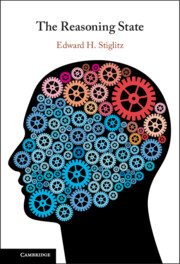What are the effects of reason-giving on political attitudes? Both political philosophers and political scientists have speculated that defending proposals with reasons may change voters’ preferences. However, while models of attitude formation predict that the explicit justification of one’s political views may result in attitudes that are more ideologically consistent, less polarized, and more stable, empirical work has not assessed the connection between reason-giving and attitudes. Implementing a survey experiment in which some respondents provide reasons before stating their opinions on six issues in UK politics, I find that reason-giving has very limited effects on the constraint, stability, or polarization of the public’s political attitudes. These findings have important implications for our understanding of deliberative conceptions of democracy – in which reason-giving is a central component – as well as for our understanding of the quality of voters’ political opinions.
